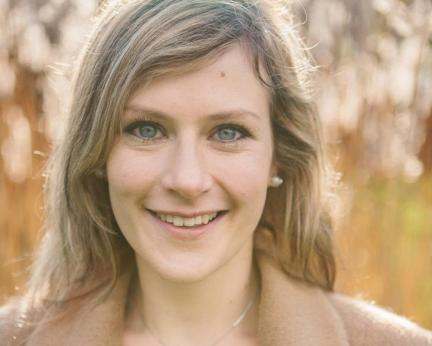I’ve really enjoyed helping to promote psychiatry as a career to students and trainees. As a student I helped to launch the Student Associate grade of the Royal College of Psychiatrists. I also initiated a student psychiatry society at Dundee University, and helped the Royal College of Psychiatrists to develop a national network of student societies. Whilst working on the Maudsley Hospital rotation I was vice-chair of the Maudsley Trainees’ Teaching Scheme. This was an organisational role but also included some teaching, and was very enjoyable.
In psychiatry you generally have longer with patients than in other areas of medicine. New patient assessments are given an hour. I love having this extra time, as it also gives me the chance to work with patients and their families and listen to their concerns.
I enjoy academic psychiatry, as I can look for the answers to the questions that my patients ask. My clinical experience can drive my research questions and research makes me a better clinician. I can also keep up to date with current literature and attend conferences.
Psychiatry can be stressful, as you are helping people to deal with very powerful emotions. Each week we have a one hour session with our supervisor, when we can talk through particular situations and cases we have dealt with. We also have training in psychotherapy, which enables us to help people with emotional difficulties.
Time management is my main challenge as I have several competing roles to balance – deadlines for academic work, clinical responsibilities towards my patients and colleagues and various leadership roles. I am currently Vice Chair of the Academy of Royal Colleges Trainees Doctors group. Research sometimes spreads into evenings and weekends, but I don’t mind as the subject is fascinating and it doesn’t really feel like work.





